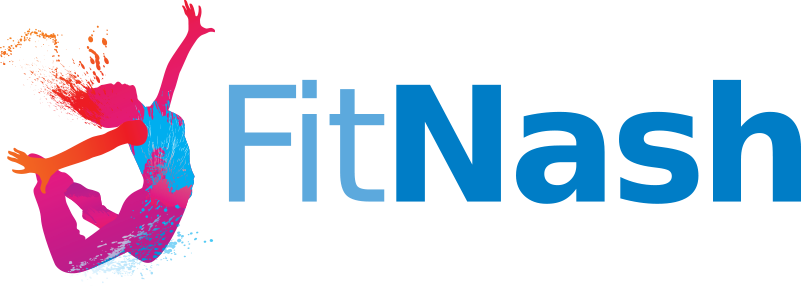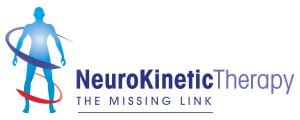NeuroKinetic Therapy® (NKT) is a dynamic neuroscience and biomechanical approach to assessing and resolving movement dysfunction.
“Motion is a component of movement, but movement requires motor control, which includes stability, balance, postural control, coordination and perception.” – Gray Cook
NeuroKinetic Therapy® , known as Neuromuscular Reprogramming® (NMR®) in its previous incarnation, is an innovative and increasingly well-known method of manual therapy which utilises manual muscle testing to assess and correct dysfunctions of the coordination system of the brain.
With the exception of reflex responses, the brain controls every physiological activity that takes place in the body. Every muscle that contracts in every movement that you make only occurs at your brain’s command. When muscles tighten up and the range of motion is restricted, people often try to force mobility, by stretching / rolling / rubbing the ‘tight’ muscle, and can’t understand why it doesn’t always last.
Muscles can be weak and tight, weak and flexible, strong and tight, and strong and flexible. Weak and tight is a precursor for injury.
Stretching a weak and tight muscle will cause it to tighten more to protect itself. It might cause temporary relief, but the brain will tighten it again because one of its primary jobs is protection.
When you take a step back and remember that muscles contract when the brain tells them to (usually due to pain, instability, or compensation), you can often make huge gains in mobility without ‘mobilising’ anything.
For example, if you fall, trip, have an accident or hurt yourself, you don’t feel safe using that part of your body. This causes the Motor Control Centre (in the cerebellum) to be stimulated so that consciously or unconsciously you look for other parts to help you do the same movement, and it relearns how to perform the desired movement using these new parts. With each attempt, some aspect of success is achieved and assimilated. If these are not ‘correct’ movement patterns dysfunction is the result – the brain has fundamentally changed how it processes proprioceptive information after injury, and instigated a compensation pattern. When you are ‘recovered’, your body doesn’t always stop using these new movement (compensation) patterns, causing long term dysfunction. Many compensation patterns are subtle or hardly noticeable to begin with and grow over time to a larger scaled compensation. This ‘domino effect’ can lead to pain and injury, sometimes years down the line.
The good news is the original / optimal neuromuscular connections are not permanently inhibited, as they do not truly turn off. Using a functional neurological screen NKT® to identify muscle imbalances we can determine which muscles are inhibited and which muscles are compensating for them – ‘are the right muscles and joints working at the right time during movement and breathing?’ – thereby allowing us to utilise specific treatment and corrective exercise techniques to restore proper movement patterns and reprogramme the Motor Control Centre. By utilising this approach, we will stop chasing the symptoms of pain and start finding causes for them.
Training has been completed with the founder David Weinstock, the amazing Kathy Dooley, UK lead Simon Jones, Thomas Wells and Asian lead Jackie Wu from NKT®

